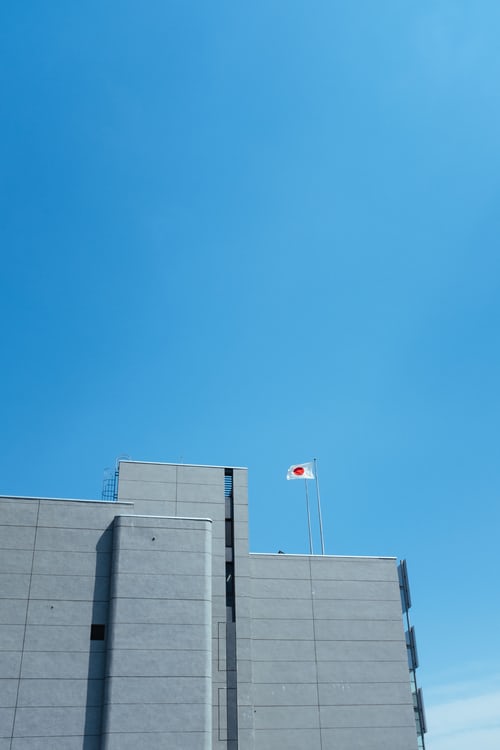In a new development, Japan has cemented its liberal approach to cryptocurrency by accepting crypto donations to political campaigns in the country.
Speaking to a local media outlet, Japanese politician, Ms. Sanae Takaichi said that the new move potentially opens doors for new types of political funding. Currently, Japan recognizes the availability of cryptocurrencies but does not allow its use as legal tender. Cryptocurrency remains a grey area in Japan, with regulations on political donations affecting only fiat money and stock.
The country considers receipt of crypto funds by political parties legal and no transparency laws require them to reveal their holdings. Politicians in Japan can now become crypto holders with no limitations. However, converting the digital funds to fiat would subject the holders to the rules for disclosure.
Strict with Exchanges
Japan is strict with crypto exchanges, although trades are at the discretion of the market operators, even before they become fully compliant. Japan allows exchanges between the Japanese yen and crypto at no fee. The only requirements are a valid local bank account and a national ID. Recently, the country’s mega local retail outlet, Rakuten, launched a limited exchange wallet through its Rakuten Wallet. That gave access to BTC and ETH.
All along, regulators have created firm requirements for cryptocurrency exchanges. The country is also home to some of the biggest failures in the crypto space, such as Mt Gox, which is yet to pay the victims of its heist. Besides, the issue of Coincheck poses another failure where almost $600 million went down the drain. The exchange has since announced its plans to shut operations.
Self-Regulation Rights
Since Japanese yen is one of the main inflows of fiat into Bitcoin (BTC), the country’s regulator, Japanese Financial Services Authority, keeps a keen eye on exchange activities. Just a handful of crypto assets with regional presence, such as Dogecoin (DOGE) and MonaCoin (MONA) also participate in the exchanges.
Importantly, the Japanese crypto sector may acquire a self-regulatory status and define its trading limits, as earlier reported by local media. At the end of last month (September), the FSA authorized the Japan Virtual Currency Exchange Association to suggest rules for regulation. The association consists of 16 registered exchanges, Bitflyer and Zaif inclusive.
However, even with the potential self-regulatory status of crypto entities in Japan, the market remains riskier with several requirements. This was evidenced by the Binance exchange, which left the Japanese market and relocated to Malta.
Feature Image: Unsplash
